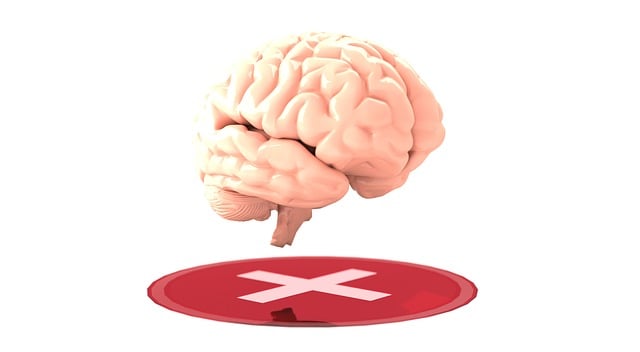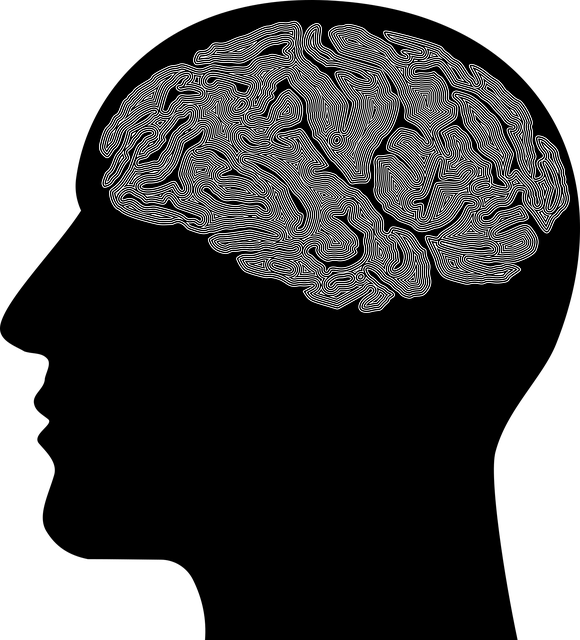In Lafayette, where drug abuse is prevalent, trauma often goes unnoticed but deeply affects residents. Organizations like Lafayette Drug Abuse-Substance Abuse Therapy address this through integrated mental health education and stress management techniques. They offer comprehensive, holistic care, including individual therapy, group support, and evidence-based practices to help clients manage symptoms, build resilience, and overcome addiction. Their approach emphasizes safe spaces for experience processing, cultural competency training for healthcare providers, and coping strategy development, fostering self-care and lasting recovery.
Trauma, a profound and lasting impact on individuals and communities, requires attentive support systems. This article explores the multifaceted nature of trauma and its relationship with substance abuse, delving into the critical role of Lafayette Drug Abuse-Substance Abuse Therapy in healing processes. We dissect the comprehensive approach to providing effective trauma support services, emphasizing strategies that foster recovery and resilience. By understanding trauma’s far-reaching effects, we can better navigate the path to healing for those affected.
- Understanding Trauma and Its Impact on Individuals and Communities
- The Role of Substance Abuse in Traumatic Experiences
- Providing Effective Trauma Support Services: A Comprehensive Approach
- Lafayette Drug Abuse-Substance Abuse Therapy: Strategies for Healing and Recovery
Understanding Trauma and Its Impact on Individuals and Communities

Trauma is a profound and complex experience that can have lasting effects on individuals and communities alike. It arises from diverse circumstances, including acute events like accidents or natural disasters, as well as chronic stressors such as poverty, abuse, or prolonged exposure to violence. Understanding trauma involves recognizing its multifaceted nature and the varied ways it manifests in human lives.
In Lafayette, where issues related to drug abuse and substance use are prevalent, the impact of trauma is often overlooked but deeply intertwined. Substance abuse therapy programs, like those focused on Lafayette Drug Abuse-Substance Abuse Therapy, play a crucial role in addressing this hidden epidemic. By integrating mental health education programs designed to enhance stress management and burnout prevention strategies for healthcare providers, these services aim to holistically support individuals affected by trauma. Effective interventions not only help clients manage symptoms but also foster resilience, empowering them to rebuild their lives and contribute positively to their communities.
The Role of Substance Abuse in Traumatic Experiences

Traumatic experiences often leave individuals struggling with various challenges, and substance abuse is one significant aspect that requires attention. Lafayette Drug Abuse-Substance Abuse Therapy plays a pivotal role in addressing this complex issue. Many people turn to drugs or alcohol as a coping mechanism after traumatic events, believing it offers a temporary escape from the intense emotions associated with trauma. However, this often leads to a cycle of dependency and further exacerbates existing mental health struggles.
The Stress Management Workshops Organization and other similar initiatives emphasize the importance of learning effective stress management techniques and empathy-building strategies as part of trauma recovery. Resilience building is another crucial aspect that helps individuals navigate the aftermath of traumatic events. By participating in these workshops, survivors can develop healthier coping mechanisms, enhance their support systems, and gradually rebuild their lives, ensuring they receive the comprehensive care needed to overcome both trauma and substance abuse.
Providing Effective Trauma Support Services: A Comprehensive Approach

Effective trauma support services require a comprehensive approach that addresses the multifaceted needs of individuals affected by traumatic events. This includes providing safe and supportive environments where survivors can process their experiences at their own pace, often facilitated by trained professionals such as therapists specializing in Lafayette Drug Abuse-Substance Abuse Therapy. Integrating mental wellness coaching programs can empower individuals to develop coping strategies and build resilience, fostering a sense of agency and self-care.
Healthcare provider cultural competency training is crucial for ensuring that support services are accessible and culturally sensitive, especially given the diverse backgrounds of those who seek help. By recognizing and respecting individual cultural beliefs and practices, providers can create inclusive care plans that address not only depression prevention but also other co-occurring conditions. This holistic approach recognizes that trauma impacts mental wellness and emphasizes the importance of tailored interventions to achieve lasting recovery.
Lafayette Drug Abuse-Substance Abuse Therapy: Strategies for Healing and Recovery

In the heart of Lafayette, a specialized service stands out for its comprehensive approach to healing: Lafayette Drug Abuse-Substance Abuse Therapy. This program is designed to address the complex interplay between substance abuse and mental health issues, offering strategies tailored to promote emotional well-being. Through a combination of individual therapy, group support, and evidence-based practices, they help individuals break free from the cycle of addiction. The focus on Lafayette Drug Abuse-Substance Abuse Therapy goes beyond mere symptom relief; it aims to empower clients with tools for long-term mental health management, including effective anxiety relief and depression prevention techniques.
This therapy program recognizes that recovery is a personal journey and thus offers a safe space for exploration and growth. By integrating emotional well-being promotion techniques into the core of their practice, they foster resilience and self-care, ensuring individuals not only overcome addiction but also thrive in their daily lives. Such holistic support is vital in enabling clients to rebuild their lives and discover lasting happiness.
Trauma support services are essential for individuals and communities affected by traumatic experiences. By addressing the complex interplay between trauma and substance abuse, as highlighted in the discussion of Lafayette Drug Abuse-Substance Abuse Therapy, comprehensive approaches can facilitate healing and recovery. Understanding the impact of trauma and adopting effective strategies, such as those outlined in this article, are crucial steps towards building resilient communities that support those who have endured traumatic events.














